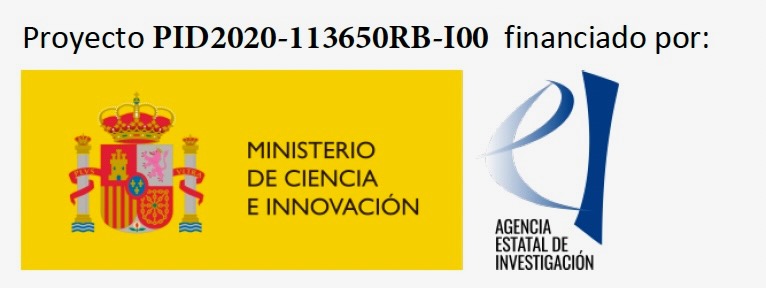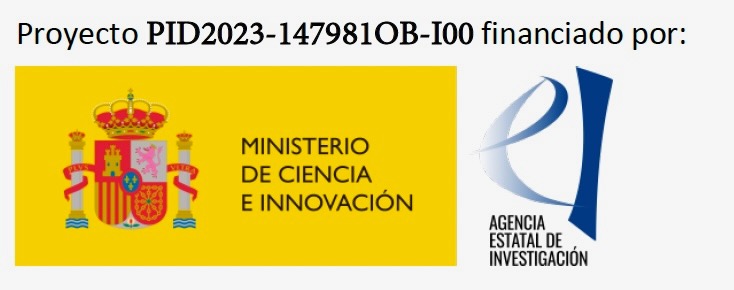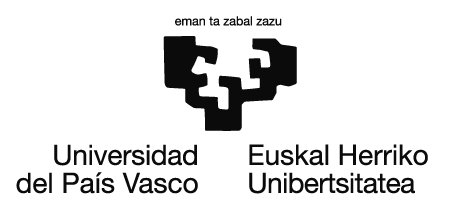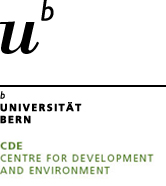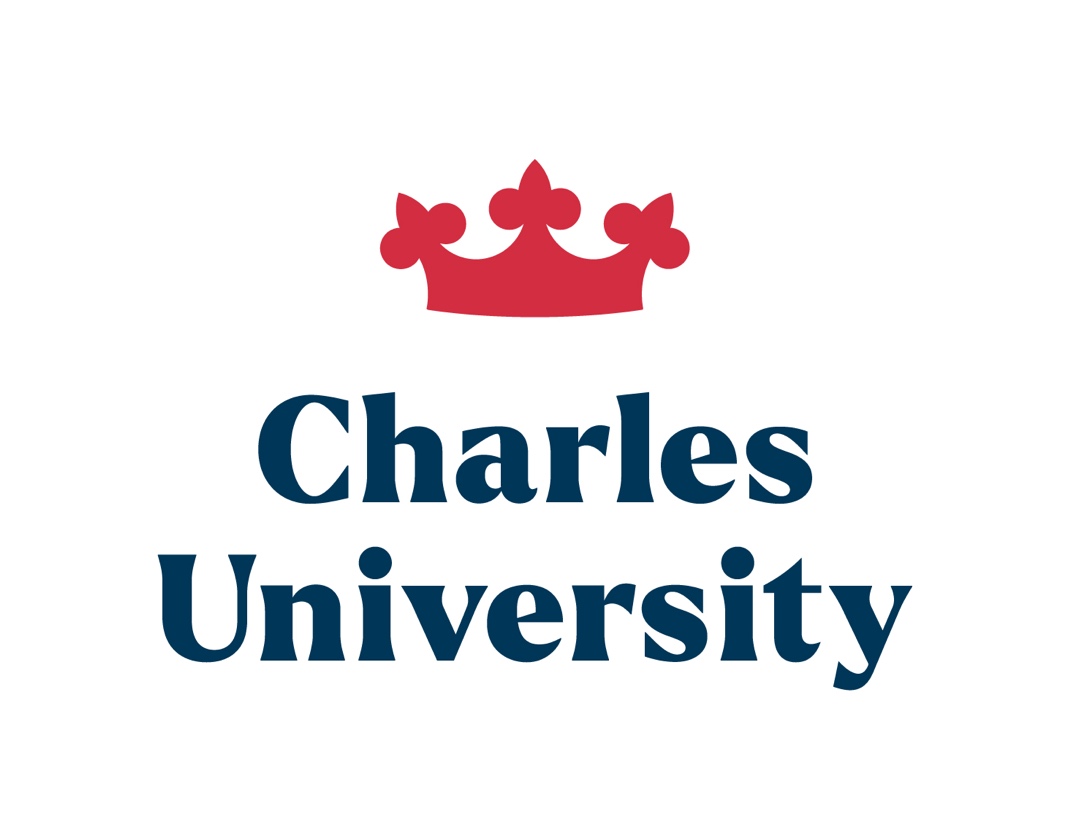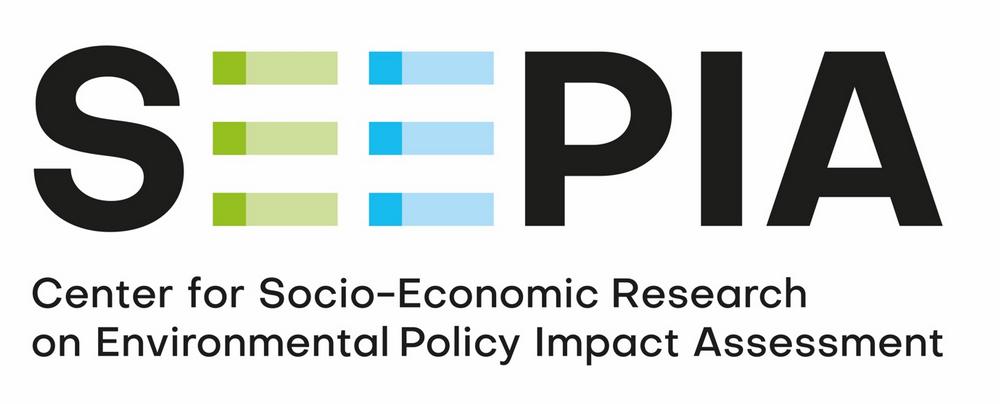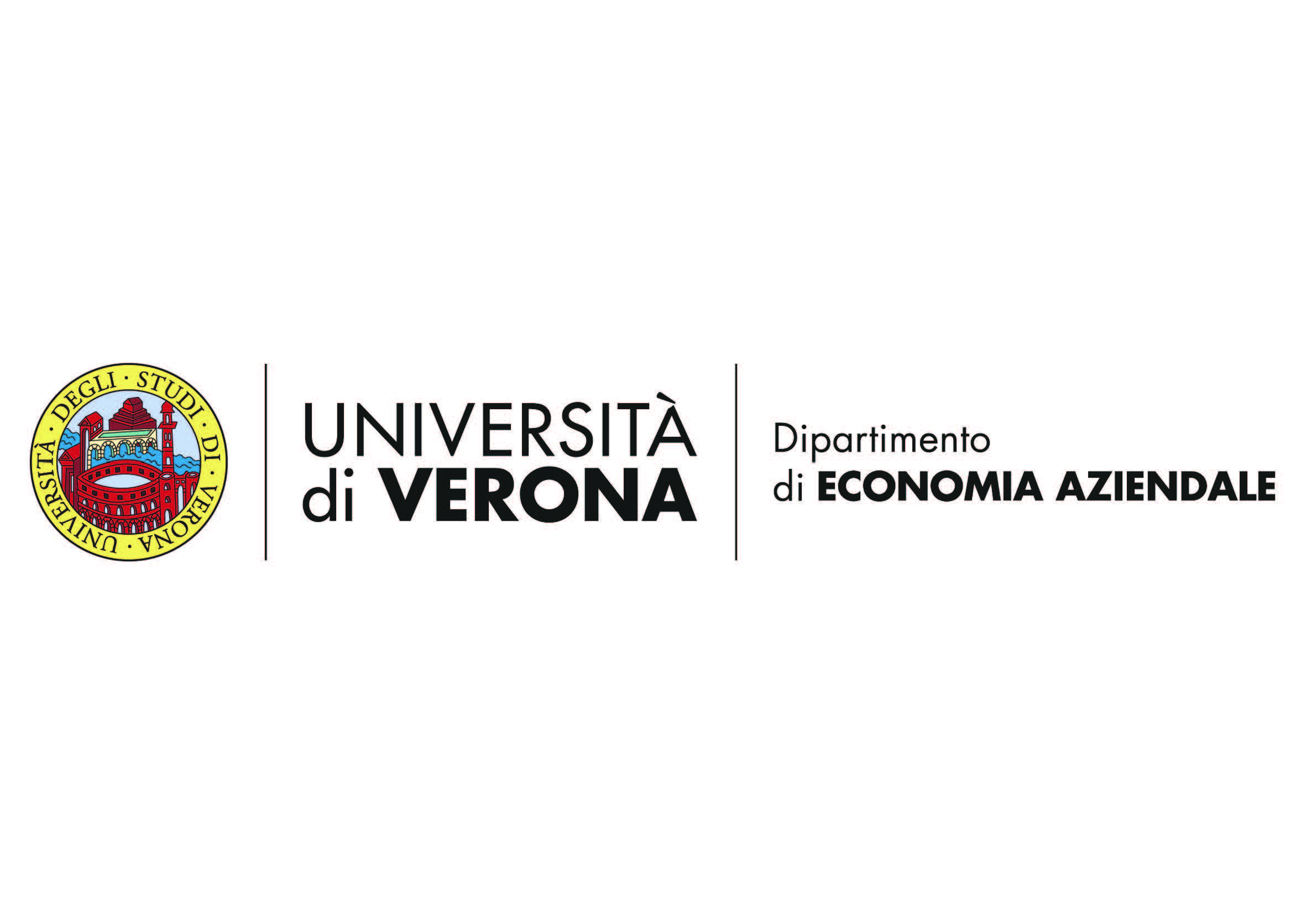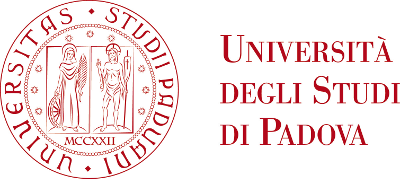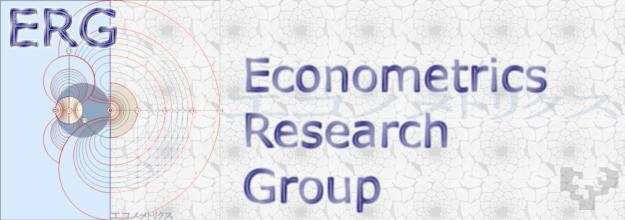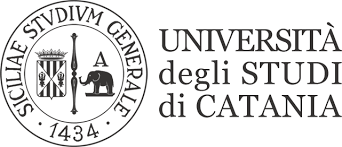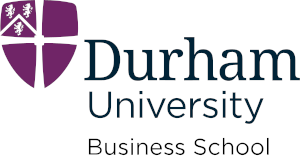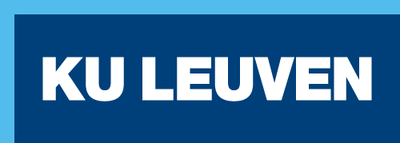ENVironmEntal CHOice
A scientific network of researchers using Discrete Choice Modelling in the field of environmental valuation.
Aim
To establish methodological and applied basis for discrete choice applications for environmental decision making.
Why
Economic valuation methods are increasingly being used to inform the policy analysis process related to environmental issues. Among them, the use of discrete choice experiments has witnessed an enormous growth in the last few years although, given its infancy state, it is a rapidly evolving discipline.
Despite substantial methodological progress achieved over the past three decades of research and the fact that stated preference surveys are being commissioned and used for policy purposes, validity concerns continue to question the use of these methods for obtaining credible value information to guide decision-makers. Thus, there is a clear need for further research efforts aiming to improve the validity and reliability of the stated preference methods and to make the findings from this reasearch accessible to both student and decision makers
Goals
The network aims at a) presenting research from the frontier in choice modelling, b) identify the state of the art in choice modelling, c) transfer the latest research insights into the members teaching, and d) provide guidance for policy and decision makers about when and how to use results from choice modelling in practice.
History
The envecho network was initiated by David Hoyos, Petr Mariel, Jürgen Meyerhoff and Mara Thiene after the International Choice Modelling Conference in Leeds in 2011 and had its first meeting in 2012 in Bilbao. Since then meetings took place in each year at different locations across Europe.
